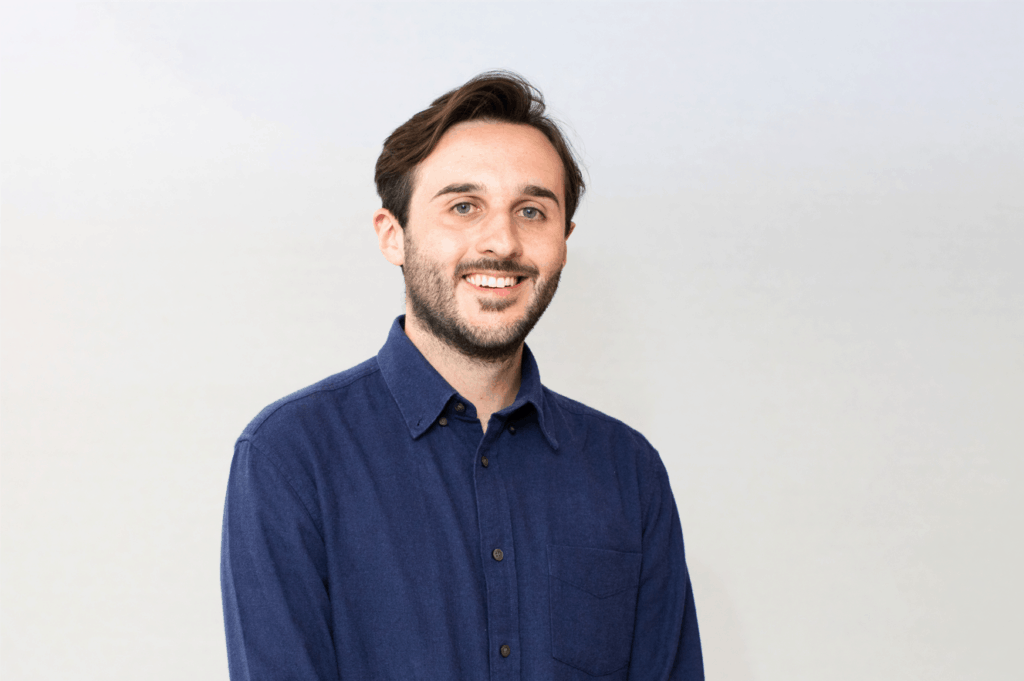Metrion Scientist Dr Alexander Howarth summarises below his undergraduate and postgraduate studies and how he came to join Metrion Biosciences.

"In 2015, I graduated from the University of Sheffield with a BSc in Biomedical Sciences. The degree was fascinating and provided an in-depth insight into human biology, from endocrinology to neuroscience, immunology to cancer biology, and even human dissection! I was fairly certain on wanting to explore research from early on in my degree. I completed a research placement in the Summer of 2014 within the department investigating the role of purinergic signalling in mast cell chemotaxis, which reassured my aspirations to proceed with a career in research.
My next dilemma was deciding which field or area of research to pursue. I was most interested in neuroscience and cancer biology, as well as learning as many techniques as I could manage. Eventually, I successfully applied for a BBSRC-funded PhD in the Brackenbury lab at the University of York, researching the role of voltage-gated sodium channel function and regulation in breast cancer cells. I employed a range of techniques to investigate the sodium channel β1 subunit, specifically, including fluorescence imaging, biochemistry and above all, patch clamp electrophysiology.
I started in November 2020 and have been enjoying the job ever since!"
Metrion Scientist Dr Alexander Howarth summarises below his undergraduate and postgraduate studies and how he came to join Metrion Biosciences.

"In 2015, I graduated from the University of Sheffield with a BSc in Biomedical Sciences. The degree was fascinating and provided an in-depth insight into human biology, from endocrinology to neuroscience, immunology to cancer biology, and even human dissection! I was fairly certain on wanting to explore research from early on in my degree. I completed a research placement in the Summer of 2014 within the department investigating the role of purinergic signalling in mast cell chemotaxis, which reassured my aspirations to proceed with a career in research.
My next dilemma was deciding which field or area of research to pursue. I was most interested in neuroscience and cancer biology, as well as learning as many techniques as I could manage. Eventually, I successfully applied for a BBSRC-funded PhD in the Brackenbury lab at the University of York, researching the role of voltage-gated sodium channel function and regulation in breast cancer cells. I employed a range of techniques to investigate the sodium channel β1 subunit, specifically, including fluorescence imaging, biochemistry and above all, patch clamp electrophysiology.
I started in November 2020 and have been enjoying the job ever since!"
Metrion Scientist Dr Alexander Howarth summarises below his undergraduate and postgraduate studies and how he came to join Metrion Biosciences.

"In 2015, I graduated from the University of Sheffield with a BSc in Biomedical Sciences. The degree was fascinating and provided an in-depth insight into human biology, from endocrinology to neuroscience, immunology to cancer biology, and even human dissection! I was fairly certain on wanting to explore research from early on in my degree. I completed a research placement in the Summer of 2014 within the department investigating the role of purinergic signalling in mast cell chemotaxis, which reassured my aspirations to proceed with a career in research.
My next dilemma was deciding which field or area of research to pursue. I was most interested in neuroscience and cancer biology, as well as learning as many techniques as I could manage. Eventually, I successfully applied for a BBSRC-funded PhD in the Brackenbury lab at the University of York, researching the role of voltage-gated sodium channel function and regulation in breast cancer cells. I employed a range of techniques to investigate the sodium channel β1 subunit, specifically, including fluorescence imaging, biochemistry and above all, patch clamp electrophysiology.
I started in November 2020 and have been enjoying the job ever since!"